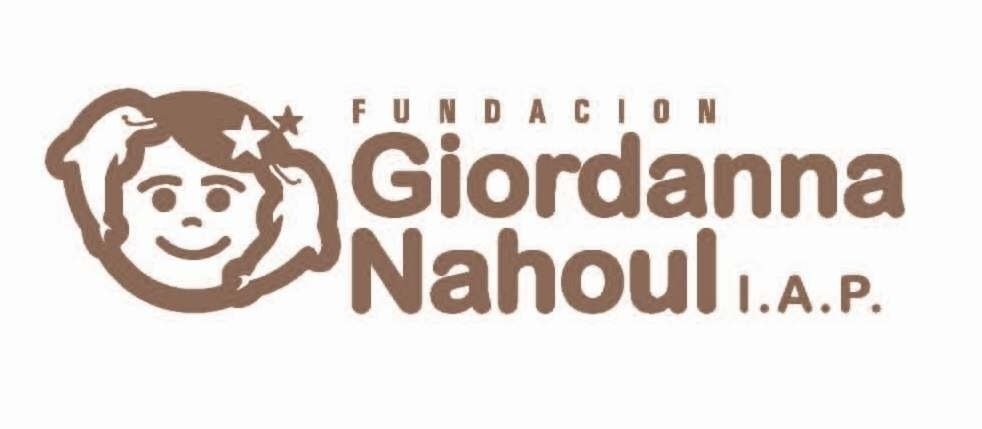Language therapy
Language Therapy is focused on establishing altered linguistic communication, based on rehabilitating the areas of comprehension, expression, spontaneous language, as well as those related to hearing problems. On the other hand, its function is to develop to the maximum the communication potential of our children, for which we develop and apply programs aimed at preventing, evaluating and intervening problems related to the development of communication and language.
Therapies taught range from:
Oro-Facial Problems: Children who do not have an adequate facial tone and cannot perform adequate jaw, lip and tongue movements.
Expressive Language Disorder: Children who have not acquired an adequate linguistic level to organize their words and sentences, or on the contrary, are not able to integrate or organize their ideas, to narrate their experiences and emotions, tell a story or analyze information.
Comprehensive Language Disorder: Children who are not able to understand simple commands or complex commands, accompanied by two or three commands. They also show difficulty, when a story is told and they do not respond to the questions asked, likewise, when they have problems reasoning or solving a raised information, because they do not understand it.
Speech Disorder: Children who show failures when saying a word and change the phoneme, or one letter for another. In this area, it is also taken into account when the child speaks too fast and the words or information he says are not understandable.
Failures in Pragmatics: Children who are not able to narrate their experiences, maintain an information topic, establish a dialogue, or do not respect their turn during the exercise.
Auditory Processing Failures: Children who have auditory pattern recognition problems and who do not interpret the information.



